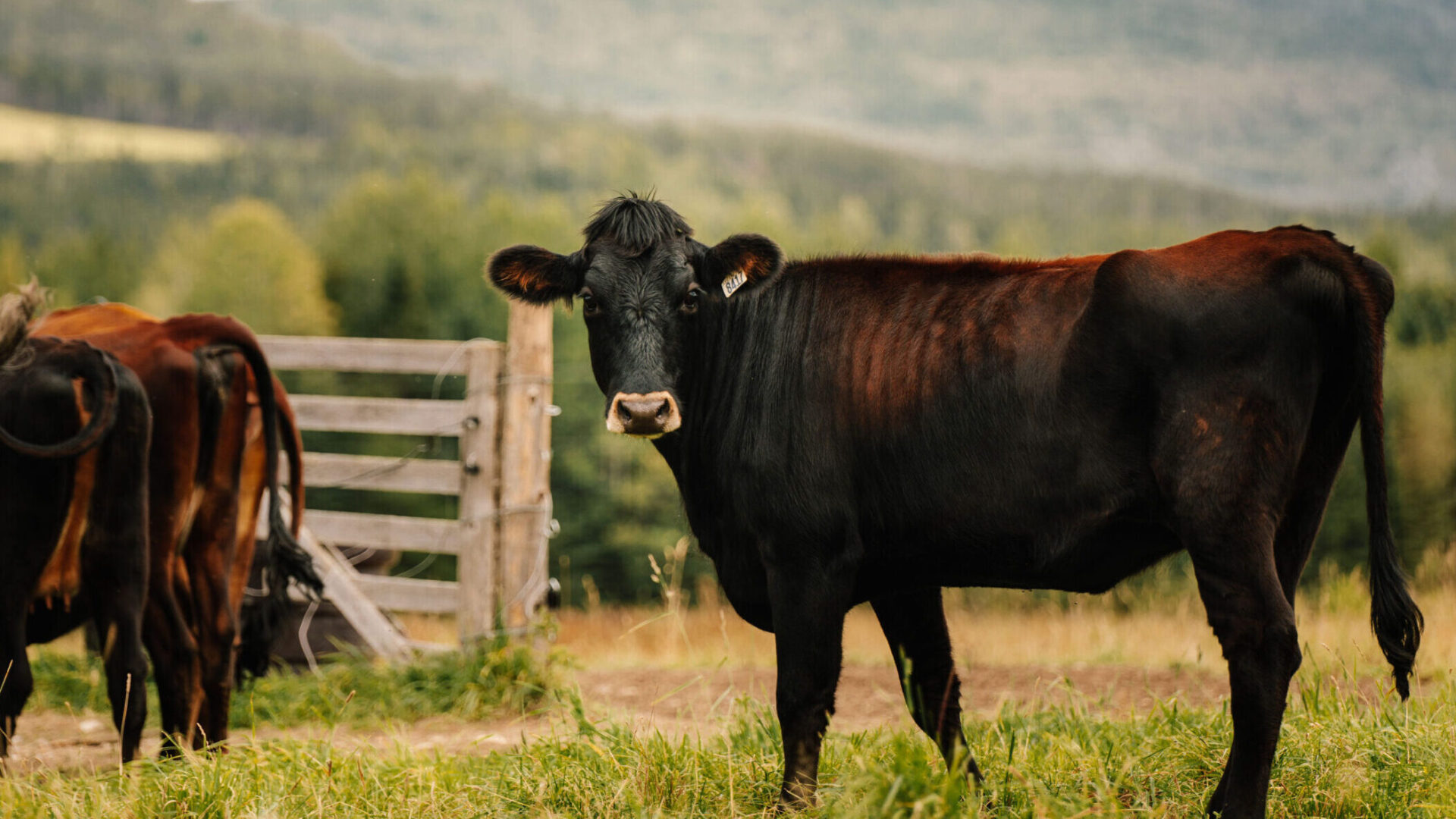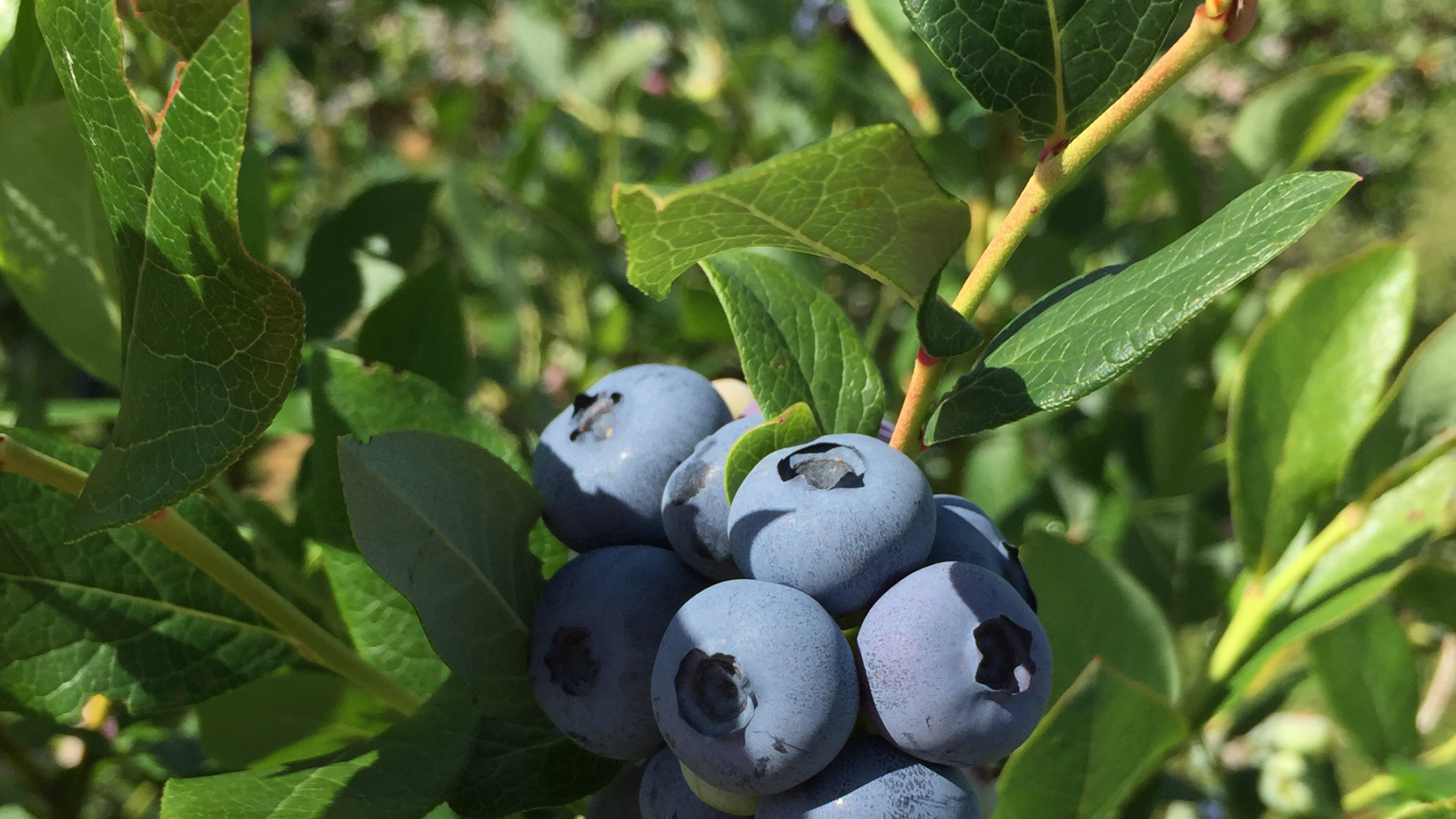Description
Recognition of the designation of specificity Fromage de vache de race Canadienne and its English translation Canadienne Cow Cheese as a reserved designation was granted on March 9, 2016 by the Ministre de l’Agriculture, des Pêcheries et de l’Alimentation du Québec in legal notice 64556 published in the Gazette officielle du Québec, volume 148, no. 10.
The Canadienne cow, a heritage breed needing protection
The Canadienne breed is a descendant of breeds found in Normandy and Brittany in the 16th century, some specimens of which were exported to New France from 1608 to 1670. These cattle served as draught animals, dairy cows, beef cattle and sources of leather. Of inestimable value to isolated settlers with small plots of land, they dominated the province’s dairy industry until the mid-19th century.
With the subsequent industrialization of dairy farming and the arrival of more productive breeds, the Canadienne cow declined. From 300,000 head in 1850, its numbers fell steadily until, by the 1970s, only a hundred or so purebred specimens remained. On December 15, 1999, Québec’s National Assembly designated the Canadienne cow as a heritage breed in the Act respecting animal breeds forming part of Québec’s agricultural heritage (known as Bill 199). Efforts are currently being made to revitalize the breed and increase the number of purebred animals, but the work will take many years. For players in the industry, the Canadienne Cow Cheese designation of specificity will help guarantee the survival of this heritage breed of cattle by protecting its reputation and the added value obtained from the processing of its milk. This designation will, among other benefits, guarantee the authenticity and genetic purity of animals making up the dairy herds concerned.
Key certification requirements
Canadienne cow milk is renowned for its high levels of protein, fat, minerals including calcium and phosphorus, and other characteristics particularly appreciated in cheese-making. Canadienne Cow Cheese is made using only rennet, non-GMO coagulating enzymes of microbial or plant origin, salt, acidifying microorganisms and ripening ferments. Made exclusively from Canadienne cow milk and its components, it has a distinctive appearance and texture.
Several types of cheese can be produced in this way. Canadienne Cow Cheeses can be sold whole, grated, cut by the retailer at the consumer’s request, or in portions pre-packed at the cheese factory. Whatever the format, the product can be sold fresh, chilled or frozen.
In 2024, it is estimated between 400 and 500 purebred females (Société des éleveurs de bovins canadiens). Measures must be put in place to ensure the sustainability of the Canadienne cattle breed. The production of cheese establishes a solid framework for re-establishing the breed’s original traits and aptitudes, so as to increase the population of purebred Canadienne cows, in particular by confirming the genealogical authenticity of individuals through genomic analysis (DNA genotyping).
Accredited certification bodies
The accredited certification body for the Canadienne Cow Cheese designation of specificity is Ecocert Canada. For more information on certification, send an email to: info.canada@ecocert.com

